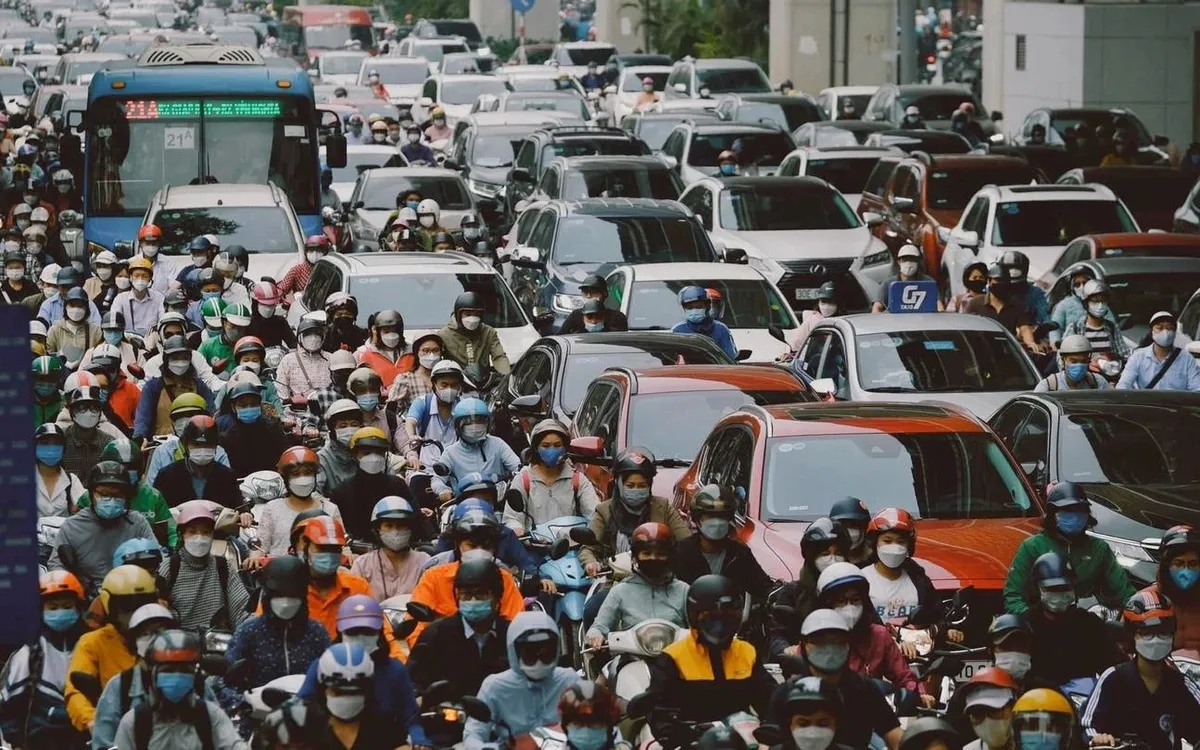
Hanoi proposes banning gasoline motorbikes in Ring Road 1 according to time frame
The Hanoi People's Committee has just submitted to the City People's Council a draft Resolution regulating the Low Emission Zone, which proposes a plan to limit gasoline motorbikes by time frame or area, instead of an absolute ban. This is an important adjustment to balance the goal of improving air quality with ensuring production, business and people's livelihoods.
Adjusting the route: From absolute ban to time-based limit
Establishing a "Low Emission Zone" is one of Hanoi's fundamental solutions to control air pollution, which is a pressing issue as the average PM2.5 concentration in the capital city is nearly twice the national standard. The city has determined that emissions from road vehicles, especially motorbikes, account for 58-74% of total pollution sources.
However, the proposal to ban gasoline motorbikes in key areas is facing major adjustments.
Previously, Directive No. 20 dated July 12, 2025 of the Prime Minister clearly stated the roadmap that by July 1, 2026, Hanoi must organize the conversion of vehicles so that no more motorbikes using fossil fuels will circulate in Ring Road 1 (ie, a full-time ban).
In the new report sent to the People's Council, the city again proposed to apply measures to ban gasoline-powered motorbikes and scooters according to time frames/points or areas in low-emission zones.
Distance itinerary
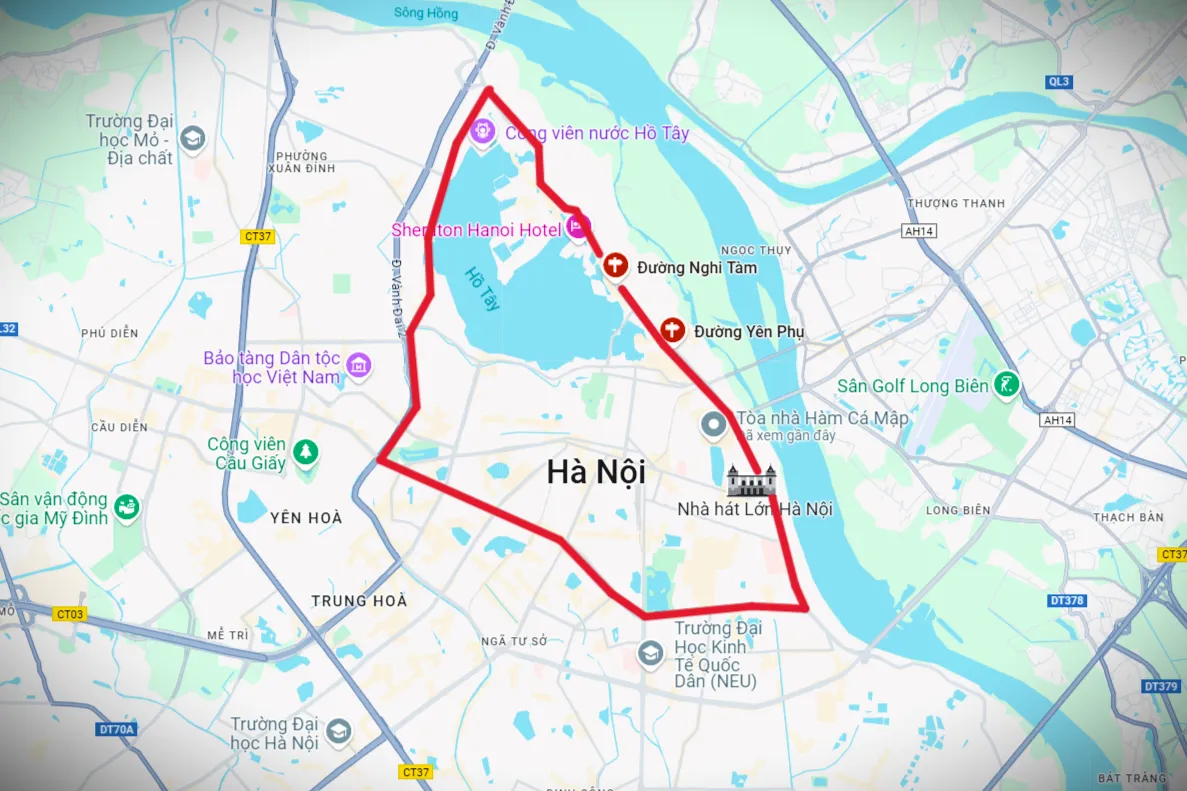
The routes are located within Hanoi's beltway 1.
According to the draft, Low Emission Zones will be identified in strictly protected areas, areas with frequent severe traffic congestion (levels D to F), or areas with below average air quality.
The implementation roadmap will take place in several stages:
- Pilot phase (from July 1, 2026): Applied in some key areas in Ring Road 1, including 9 central wards such as Hoan Kiem, Cua Nam, and Giang Vo.
- Expansion phase (from January 1, 2028): Expand to the entire Ring Road 1 and part of Ring Road 2 and beyond, including 14 wards.
- Strategic phase (from January 1, 2030): Continue to expand the scope to Ring Road 3 and beyond, a total of 36 wards and communes.
In addition to the restriction on gasoline motorbikes, other measures are also applied synchronously, including banning motorbikes for transport business (technology motorbike taxis) from circulating in the area, limiting and eventually banning cars that do not meet level 4 emission standards, and banning trucks over 3.5 tons using fossil fuels. The city also sets a target that 100% of newly invested taxis must switch to using clean/green energy from July 1, 2026.
Social consensus
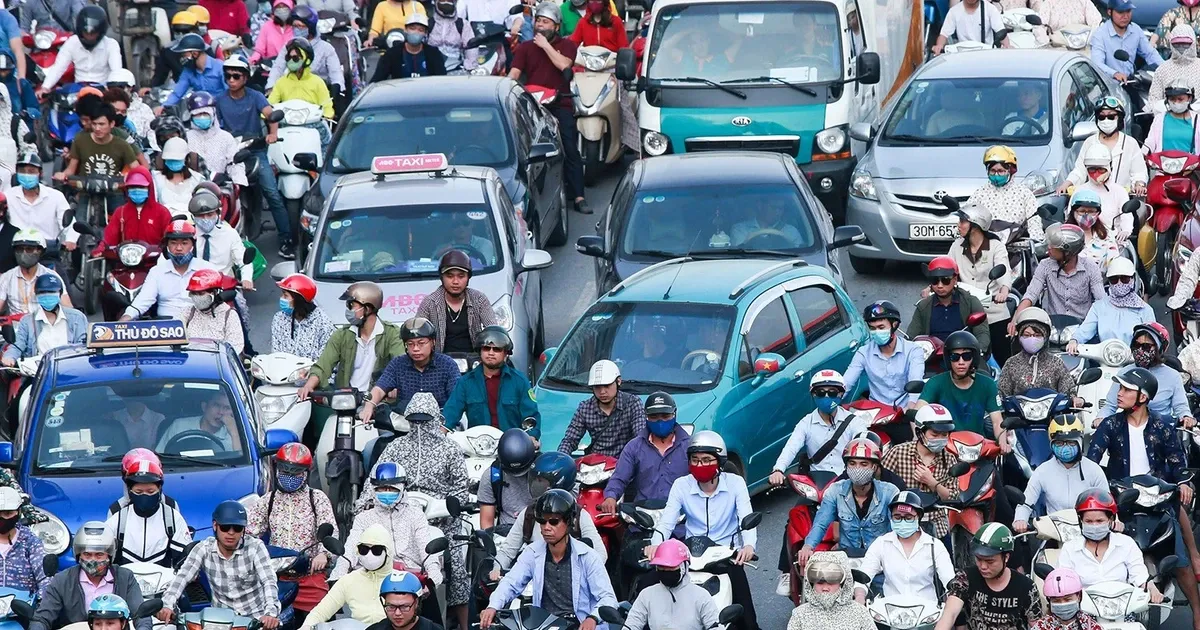
Banning motorbikes is difficult and urgent, directly affecting social security, living habits and people's behavior.
Explaining the proposal to ban gasoline-powered motorbikes and scooters by time frame/point or area instead of banning them all the time as in Directive 20, the City People's Committee said that during the process of consulting with departments, branches, People's Committees of wards and communes and posting on the City's Information Portal, the Department of Agriculture and Environment (the drafting unit) received a number of comments suggesting to extend the implementation schedule, ensuring compliance with traffic infrastructure conditions, social security, habits and behaviors.
Comments came from the following units: Department of Justice, Department of Construction, Department of Finance, People's Committee of Tay Ho Ward, Giang Vo Ward, Hanoi Institute of Socio-Economics and especially the Vietnam Association of Motorcycle Manufacturers; 16 enterprises in the industry of supplying motorcycle components and spare parts nationwide; Japanese Business Association in Vietnam and social criticism from the Vietnam Fatherland Front Committee of the city.
In addition, during this period, departments, branches and sectors are developing mechanisms, policies and investing in infrastructure construction in the field of green transport system development according to Directive No. 20. Some policies assigned by the Government to ministries and branches in Directive No. 20 and some related documents have not yet been issued. The city cited national technical regulations/standards for electric vehicle charging stations installed in public places, centralized parking areas and rest stops (developed by the Ministry of Industry and Trade).
The City People's Committee assessed that this is a difficult and urgent task involving many sectors and fields, with a short implementation timeframe, directly impacting the people and society. The organization must be carried out systematically, with a roadmap, sufficient time and information to change people's thinking and behavior. The implementation requires the participation of all levels and related sectors, and the solutions must be synchronous.
This proposal will be considered and decided by the Hanoi People's Council delegates at the 28th session taking place from November 26 to 28. The final decision will shape the future of transportation and the quality of life of millions of Hanoians in the coming decades.
Source: https://vtv.vn/ha-noi-de-xuat-cam-xe-may-xang-trong-vanh-dai-1-theo-khung-gio-100251124125441636.htm



![[Photo] Prime Minister Pham Minh Chinh attends the patriotic emulation congress of the banking sector](/_next/image?url=https%3A%2F%2Fvphoto.vietnam.vn%2Fthumb%2F1200x675%2Fvietnam%2Fresource%2FIMAGE%2F2025%2F11%2F24%2F1763981997729_tt-nhnn-jpg.webp&w=3840&q=75)
![[Photo] National Assembly Chairman Tran Thanh Man receives a business delegation from the Europe-ASEAN Business Council](/_next/image?url=https%3A%2F%2Fvphoto.vietnam.vn%2Fthumb%2F1200x675%2Fvietnam%2Fresource%2FIMAGE%2F2025%2F11%2F24%2F1763989198212_ndo_br_bnd-7394-jpg.webp&w=3840&q=75)






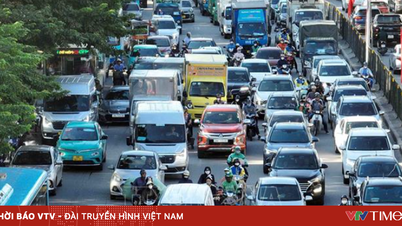







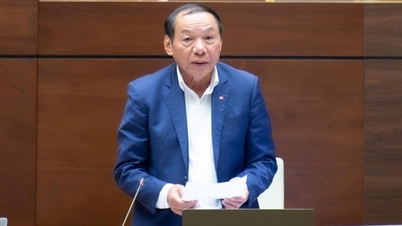










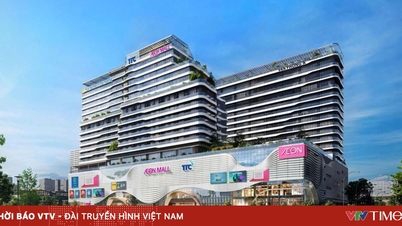
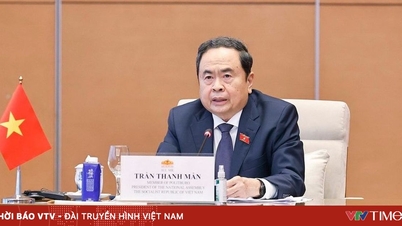
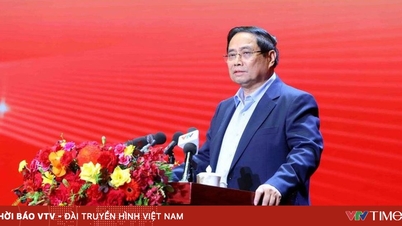



![[Photo] Next to the "mountain of trash" after the flood, Tuy Hoa residents strive to rebuild their lives](/_next/image?url=https%3A%2F%2Fvphoto.vietnam.vn%2Fthumb%2F1200x675%2Fvietnam%2Fresource%2FIMAGE%2F2025%2F11%2F24%2F1763951389752_image-1-jpg.webp&w=3840&q=75)



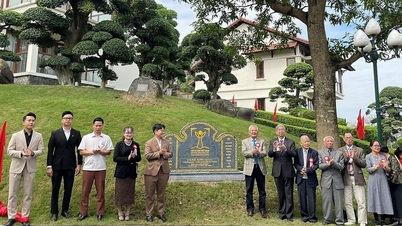



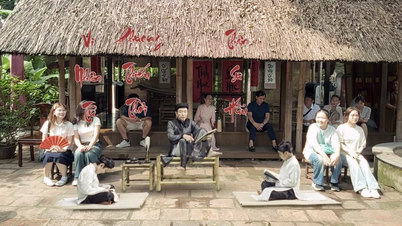

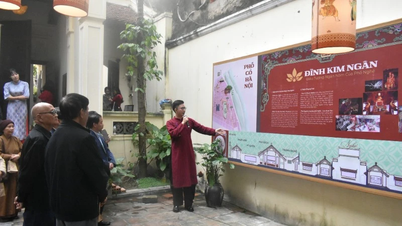



















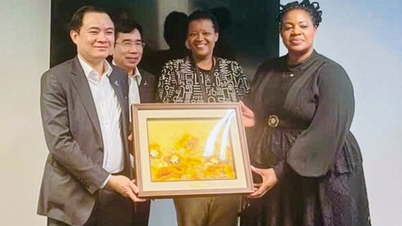
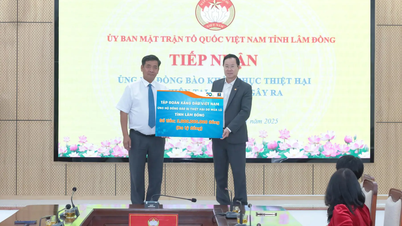







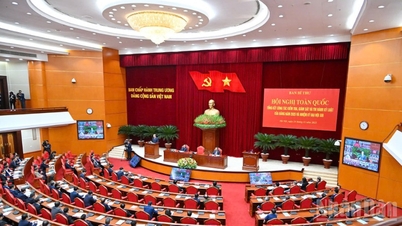






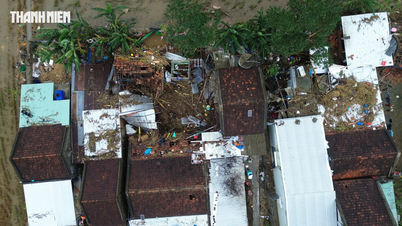




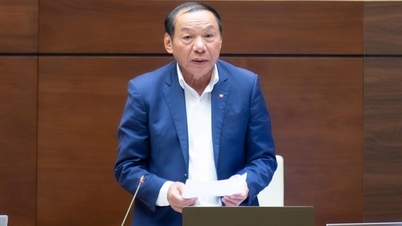



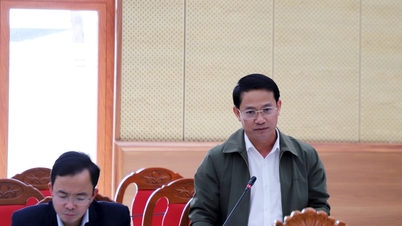





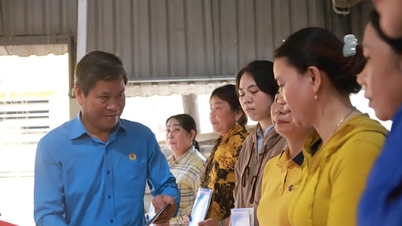
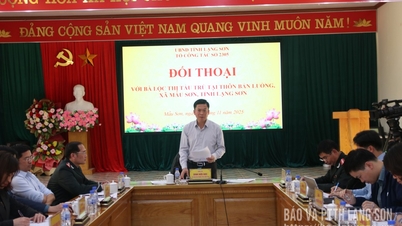












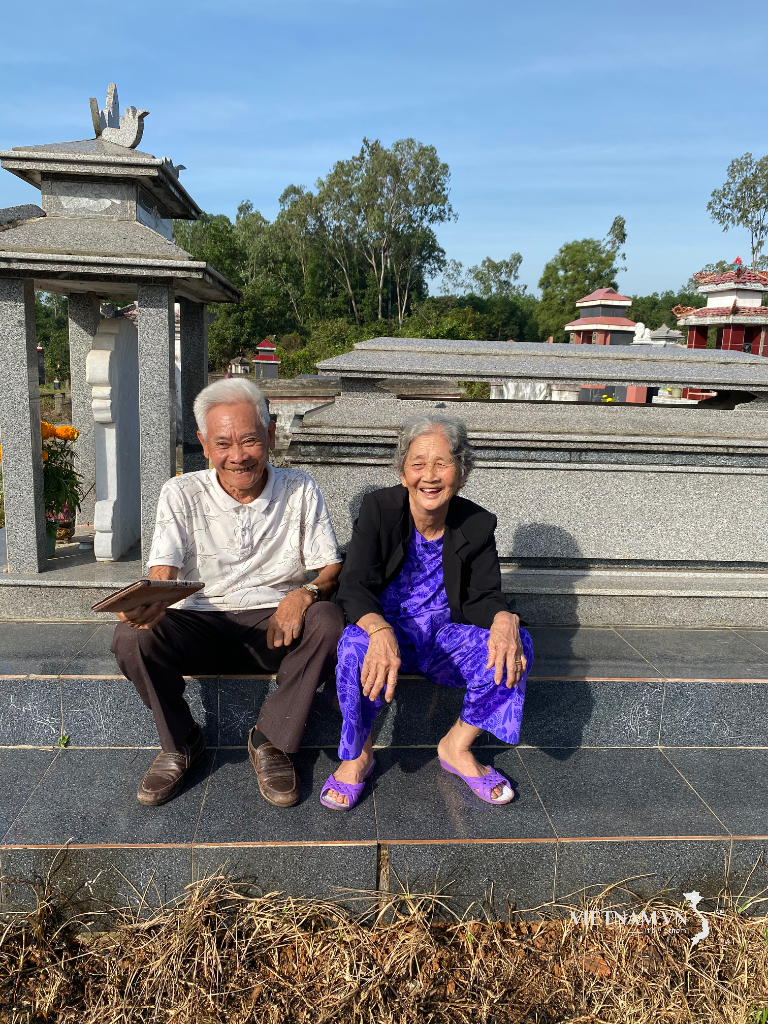


Comment (0)